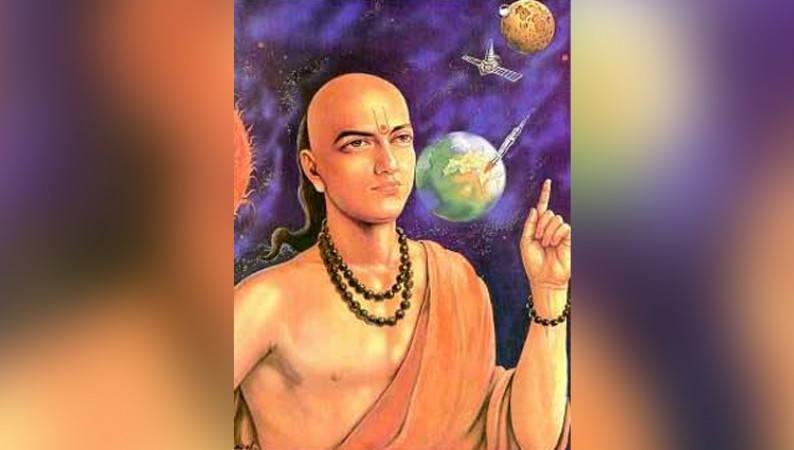
Aryabhata, a prominent mathematician and astronomer, lived during the 5th and 6th centuries CE in ancient India. He is renowned for his groundbreaking contributions to the fields of mathematics and astronomy, particularly his work on trigonometry and the revolutionary concept of "zero." This article delves into the life, achievements, and lasting impact of Aryabhata, shedding light on his remarkable intellectual legacy.
Early Life and Education
The exact details of Aryabhata's early life and upbringing are shrouded in mystery, but it is believed that he was born in 476 CE in Kusumapura, present-day Patna, India. From a young age, Aryabhata displayed an extraordinary aptitude for mathematics and astronomy, capturing the attention of local scholars and teachers.
Influences and Scholarly Pursuits
Aryabhata's curiosity and thirst for knowledge led him to study the works of previous scholars like Brahmagupta and Varahamihira. Building upon their ideas, he developed innovative mathematical techniques and astronomical models. His seminal work, the "Aryabhatiya," written in Sanskrit, became a seminal treatise on mathematics and astronomy in ancient India.
Contributions to Trigonometry
One of Aryabhata's most significant contributions lies in the field of trigonometry. He introduced trigonometric functions and ratios, such as sine, cosine, and versine, which were vital in calculating distances and angles in astronomy. Aryabhata's trigonometric tables were remarkably accurate and advanced for his time, and they greatly influenced the study of mathematics worldwide.
Concept of "Zero"
Perhaps Aryabhata's most revolutionary concept was the introduction of "zero" as a numerical digit. While various ancient civilizations had used a placeholder in numerical systems, Aryabhata was the first to treat "zero" as an actual number with specific properties. This groundbreaking idea laid the foundation for modern arithmetic and is a cornerstone of mathematics today.
Astronomy and Planetary Motion
Aryabhata made significant advancements in the field of astronomy, particularly concerning planetary motion. He proposed a heliocentric model of the solar system, stating that the Earth and other planets revolve around the Sun. This idea, way ahead of its time, challenged prevailing geocentric models and set the stage for future astronomical discoveries.
Legacy and Impact
Aryabhata's contributions to mathematics and astronomy had a profound and enduring impact on the world. His works were translated into various languages and spread across different cultures, influencing scholars and mathematicians for centuries to come. The numerical system he devised, including "zero," became the basis of modern mathematics, revolutionizing commerce, science, and technology.
In conclusion, Aryabhata, the esteemed mathematician and astronomer, left an indelible mark on the history of science and mathematics. His brilliance and innovative ideas paved the way for countless discoveries and advancements. By introducing trigonometry and the concept of "zero," Aryabhata's legacy continues to resonate with us today, serving as a reminder of the power of human intellect and the boundless possibilities of human ingenuity.
Heavy Rains Prompt Closure of Educational Institutions in These States
Educational Gadgets for Kids: Combining Learning and Play
The Digital Evolution: Exploring the Transformative Role of Social Media in Youth Culture